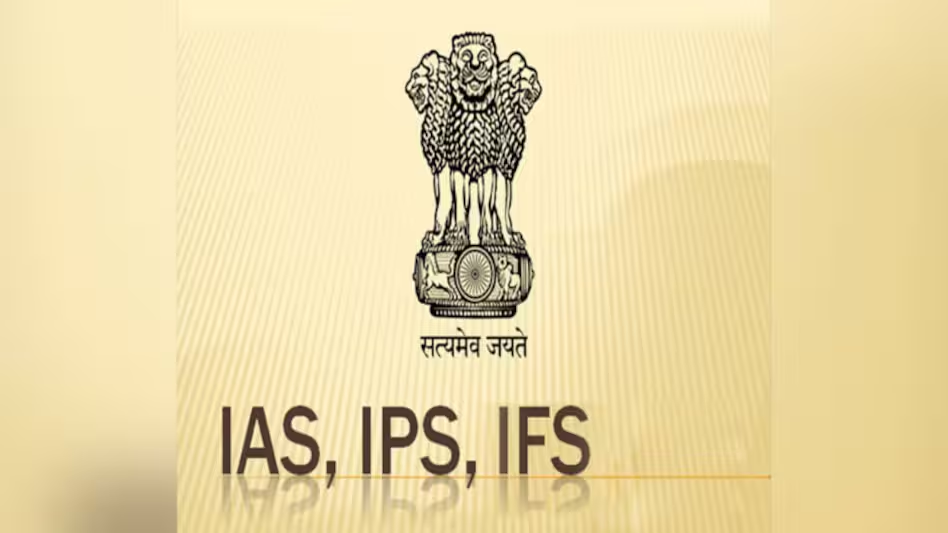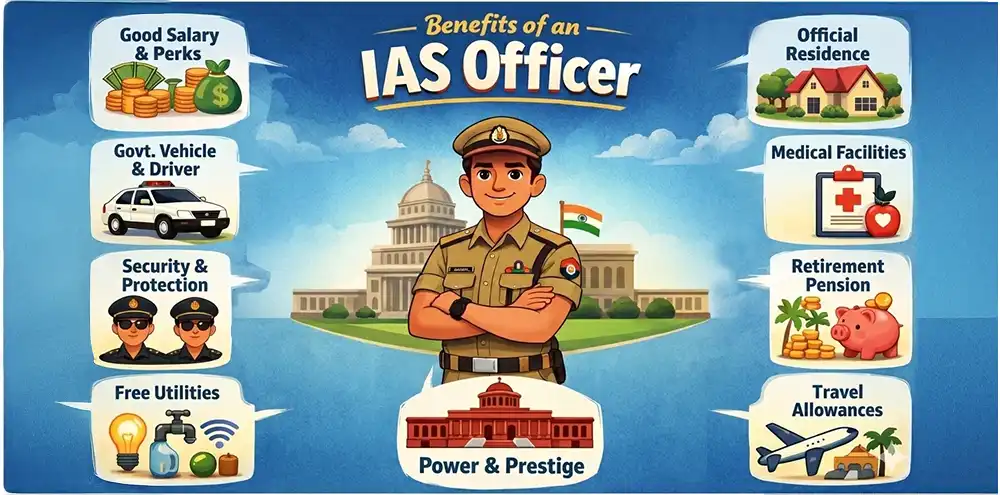Font size:
Print
Jurisdiction Powers of CBI
Context: The Supreme Court upheld the maintainability of the West Bengal government’s suit accusing the Union government of “constitutional overreach” accusing the CBI of investigating cases in the state despite the withdrawal of general consent in November, 2018.
About CBI
- The Central Bureau of Investigation (CBI) was set up in 1963 by a resolution of the Ministry of Home Affairs.
- Later, it was transferred to the Ministry of Personnel and now it enjoys the status of an attached office.
- The CBI is not a statutory body. It derives its powers from the Delhi Special Police Establishment Act, 1946
General consent and Specific Consent
- CBI is governed by The Delhi Special Police Establishment (DSPE) Act, 1946.
- Section 5 of the DSPE Act empowers special police establishments (SPEs), including CBI, to investigate cases in the states.However under Section 6 of the DSPE Act, the CBI is required to obtain consent from the concerned State government before initiating an investigation within its jurisdiction.
- When a state gives a general consent (Section 6 of the Delhi Special Police Establishment Act) to the CBI for probing a case, the agency is not required to seek fresh permission every time it enters that state in connection with investigation or for every case.
- This permission is crucial since “police” and “public order” are subjects that fall within the State List under the Seventh Schedule of the Constitution.
- No such prior consent is necessary in Union territories or railway areas.
- The CBI’s position is, in this respect, different from that of the National Investigation Agency (NIA), which is governed by the NIA Act, 2008, and has jurisdiction all over the country.
- Since 2015 several opposition-ruled states have revoked general consent on grounds of misuse of power.
- Specific Consent: When general consent is withdrawn, the CBI needs to seek case-wise consent for investigation from the concerned state government.
Implication of withdrawal of general consent
- Corruption may rise as the conviction rate of CBI is high vis-a-vis state police.
- Impact on federalism.
Court’s view
- Vinay Mishra vs the CBI(2021): The Calcutta High Court ruled that the central agency cannot be stopped from probing an employee of the central government in another state.
- The order has been challenged in the Supreme Court which is being heard now.
- The HC also said that withdrawal of consent would apply in cases where only employees of the state government were involved.
- Withdrawal of consent did not make the CBI defunct in a state — it retained the power to investigate cases that had been registered before consent was withdrawn.
- A case registered anywhere else in the country, which involved individuals stationed in these states, allowed the CBI’s jurisdiction to extend to these states.
|
About the case
Centres Argument against admitting the case
Courts Judgement about admitting the case
|


